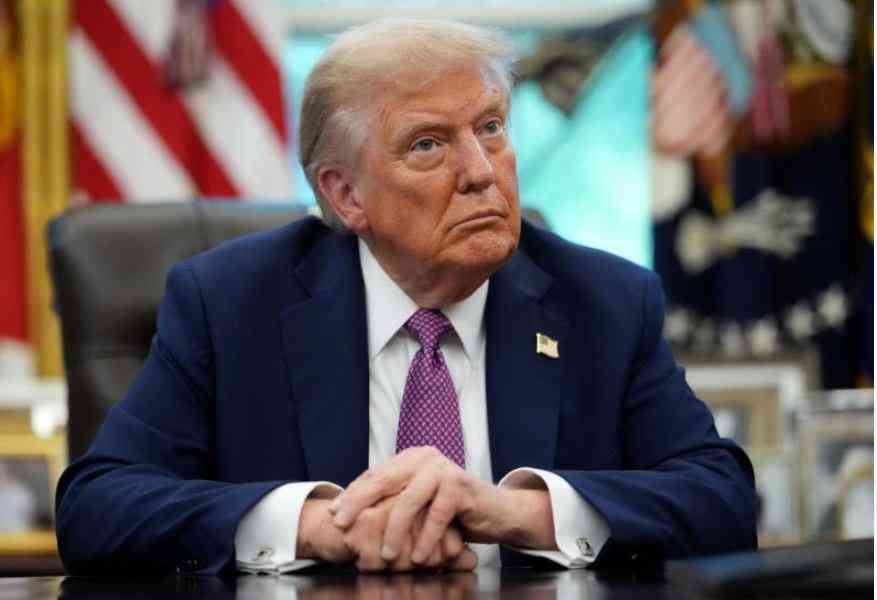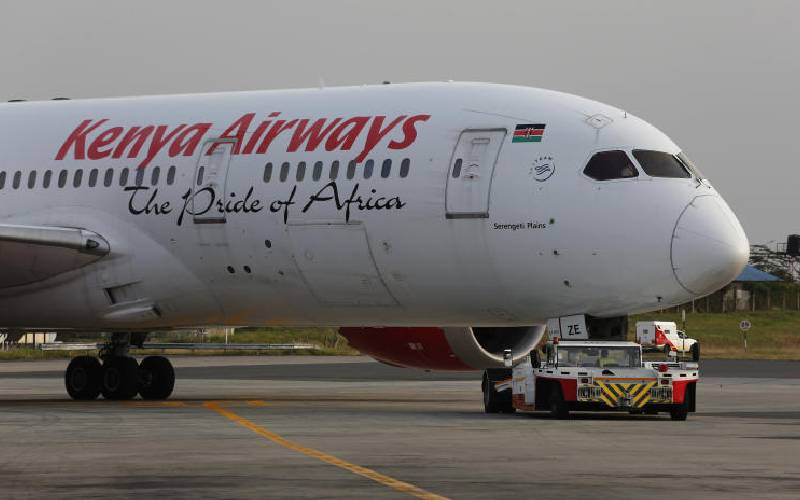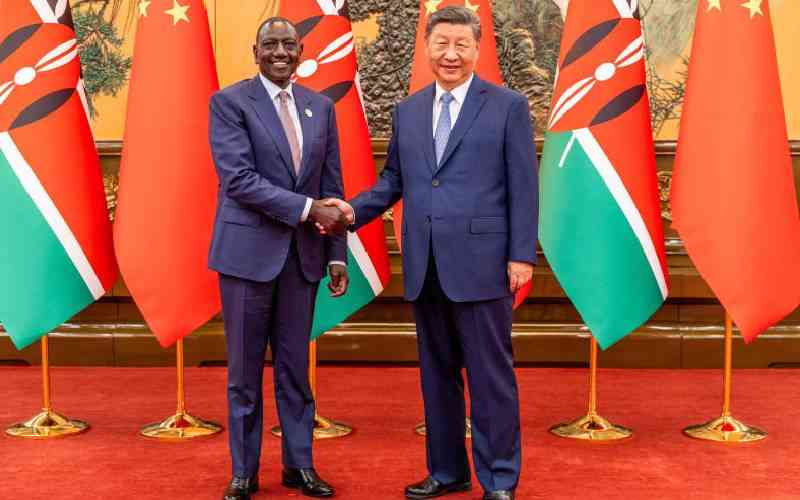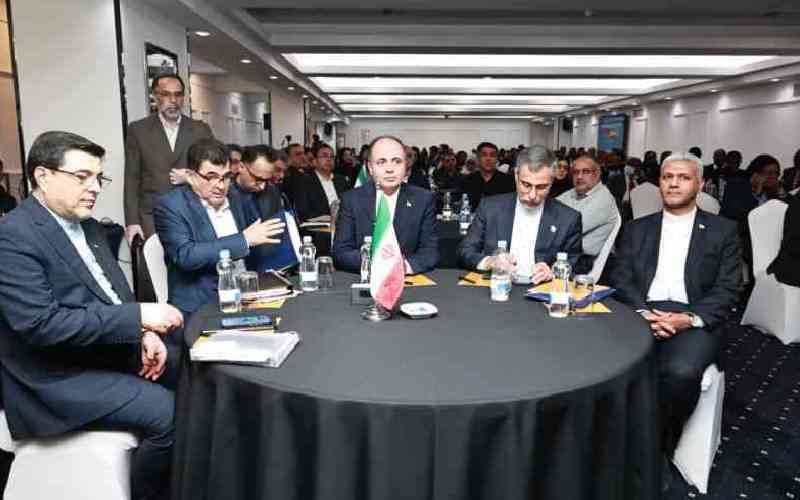×
The Standard e-Paper
Home To Bold Columnists

Trade Principal Secretary Chris Kiptoo has said Kenya should negotiate trade agreements with developed nations individually.
In response to a decision by Tanzania and Uganda to pull out of a regional trade pact, the PS said: “Individual Commonwealth countries should negotiate favourable bi-lateral trade deals between themselves as long as they have comparative advantages.”







